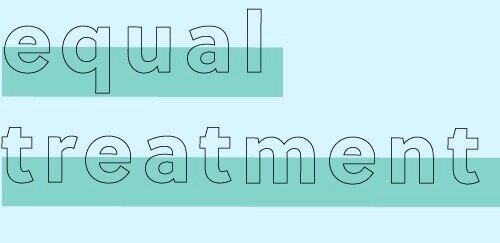Undocumented Patients
Differential Diagnosis
This case highlights a common ethical dilemma facing healthcare providers that can lead to significant moral distress. While there are well-established duties to provide emergency care regardless of immigration status or ability to pay, many of these patients require follow up care on a non-emergency basis. For example, Franco Ramirez underwent a craniectomy (removal of part of his skull) following an assault to relieve life-threatening swelling to his brain. Because of his immigration status however, he was unable to obtain follow up surgery to reattach the skull bone. Some authors have written about the importance of transparency and honesty about the patient’s condition and the most medically appropriate follow up regardless of the patient’s ability to access or pay for care. It may be tempting to refer the patient to a free clinic for follow up without fully disclosing treatment options so as to avoid offering solutions that are perceived to be beyond the patient’s reach. In addition to public advocacy, providers can respond to patient’s needs by becoming educated on the healthcare needs of undocumented patients, through transparent and empathetic counseling, and by learning how to leverage available resources to work around barriers to care.
Extra: Many undocumented patients play a central role in the healthcare sector by caring for our elderly and chronically ill-patients. To learn more about Joesy’s story, click here.
